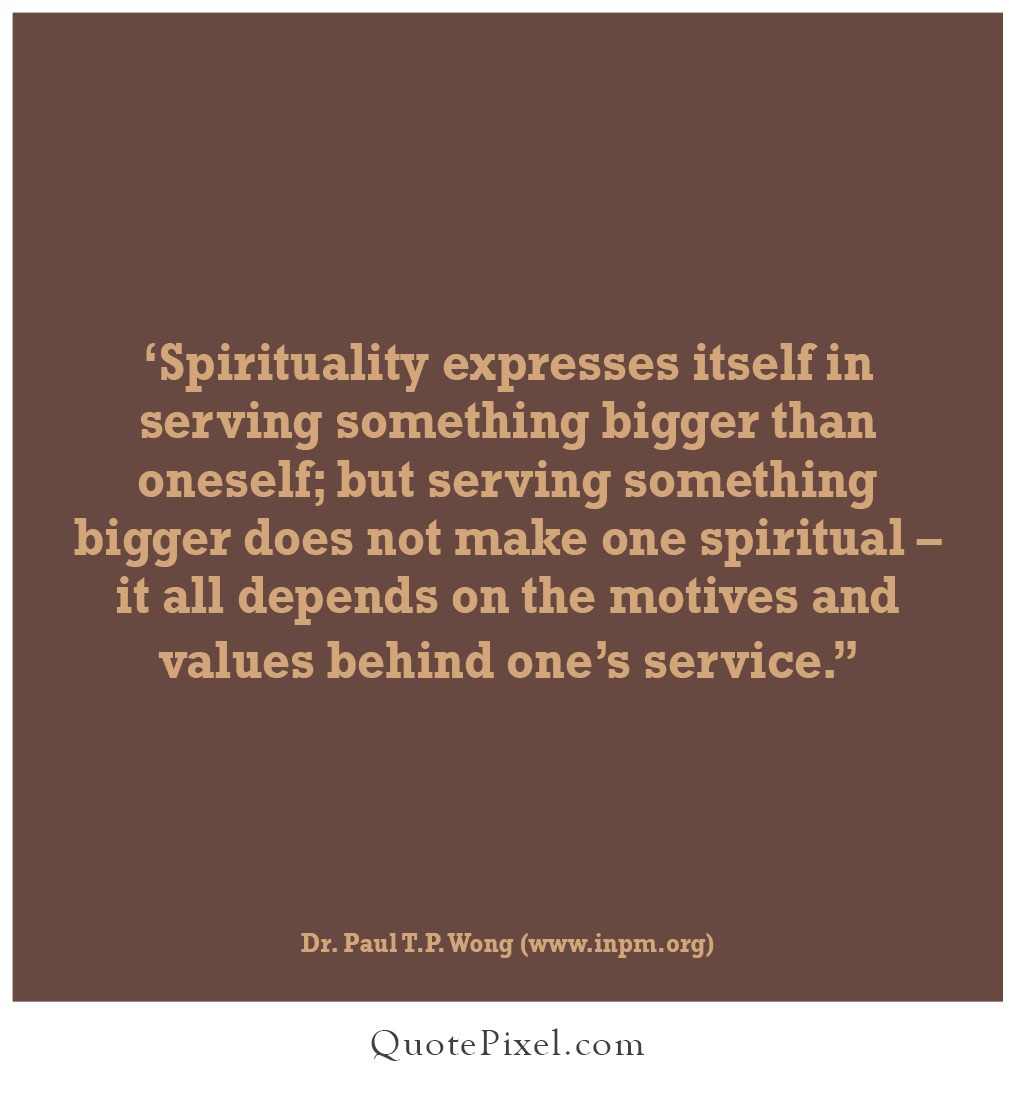Dear Parents,
Wellbeing and Spirituality
SCBC was initiated by Rockingham Baptist Church to be a blessing to our local community.
Christianity is closely linked with wellbeing. Wellbeing is optimal health.
The college is committed to creating an environment that activates optimal health for our young people.
SCBC is a Christian community. It’s a cornerstone distinctive of our college, that inspires us to do our personal best in all areas of our life. I don’t think of our school community as being ‘religious’. I do think of us as a place that encourages students to experience personal faith; to develop their spirituality. I think religion and personal faith are different. To help explain this viewpoint, I looked as some research on spirituality?
To me, religion is a form of ‘culture repeated’. Culture is created by doing things together, including the sharing of values that commonly feel familiar. This creates a sense of community and can be positively beneficial. It reaffirms how things are done. Culture typically repeats itself; it’s self-perpetuating. In relatively recent (2011) academic literature, there is a study by a group of academics including Ivtzan, Chan, Gardner and Prashner. They published an article called: ‘Linking religion and spirituality with psychological well-being.’
Research linking wellbeing with spirituality
They write: ‘After decades of empirical research (empirical = verifiable observations), there is substantive evidence that religion and spirituality are strongly associated with mental health and psychological wellbeing. It is widely assumed that religion plays a positive role in providing a sense of identity, a network of social support, and a coherent framework for responding to existential (existential = thinking about why and how we exist) questions. It can help cope with negative life events or chronic illness, and lead to a shared sense of understanding of a loss or a trauma. It can also lead to protective effects against suicide or substance misuse.’ They further communicate it’s been observed that ‘individuals who take their religion seriously can exhibit poor mental health.’ I found this last observation very interesting. Here’s some more detail about their study.
Method of the study
Participants were assessed on their level of spirituality and their involvement in religious activities. The researchers then divided participants into four groups (see below). Once that was done, each of the participants had their wellbeing assessed.
- High religious involvement and high spirituality.
- Low religious involvement and high spirituality.
- High religious involvement and low spirituality.
- Low religious involvement and low spirituality.
Results of their study
The findings were revealing. Groups 1 and 2 scored the highest in their personal levels of wellbeing. Participants in Group 3 had the lowest level of wellbeing. This group was referred to as ‘empty religion’: participants followed the rules of their religion in a legalistic, dutiful way. They didn’t experience a personally meaningful sense of spirituality. Intriguingly, members of this group even had lower levels of wellbeing than people with low religious involvement, and low spirituality (Group 4). Beyond just religion, spirituality appears to make a significant difference to wellbeing.
Reflection
Below is a description of spirituality by Dr Paul Wong. He is a Clinical Psychologist with a special interest in Positive Psychology. Dr Wong is also a committed Christian. He sees a direct connection of Christianity with wellbeing. The above objective research suggests religion (structured faith) can be positively beneficial. Having a closer look, in Ivtzan’s (et al.) study, it’s been observed ‘being religious’ is linked with lower levels of wellbeing when compared to individuals who experience their faith in a more personal, connected way.
The ‘take-away’
By encouraging our young people to experience personal spirituality, we are helping contribute to their wellbeing.

The above quote, and others by Dr Paul Wong, can be found at https://paultpwong.wordpress.com/
If you’d like to read more about Dr Paul Wong, this is his website http://www.drpaulwong.com
